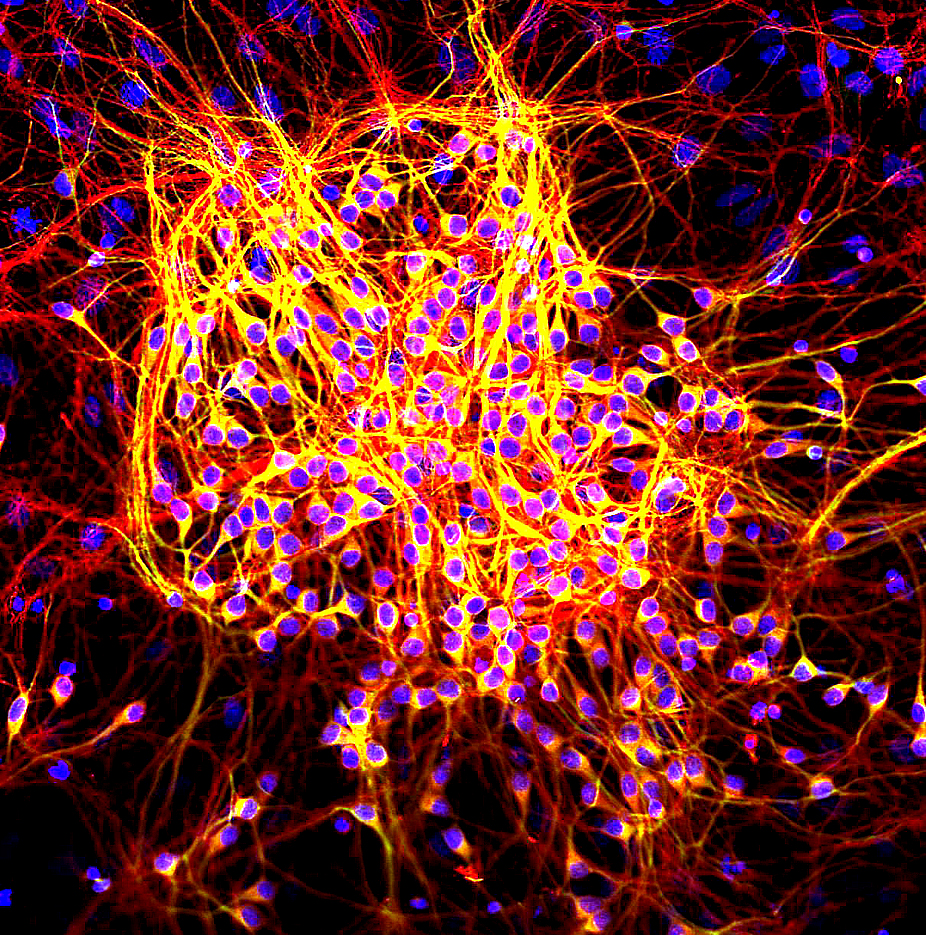What Alzheimer’s patients have in common is the presence of a “plaque” in their brains from amyloid proteins. This starchy protein can also be found in other organs, similarly causing disease and deterioration. Now a new study shows that amyloid isn’t the only rogue protein that can cause dementia. Tau protein has been found to also cause damage, but in a different way. While amyloid protein starts from the outer brain and works its way in, tau protein starts in the hippocampus and quickly affects learning and memory. Either way, when every brain cell serves an important function, any sort of damage is a deadly hit.
But aren’t proteins good? Don’t they build muscle and help the body grow and repair itself? Yes, that’s all true, but what’s wrong with amyloid and tau proteins is that they don’t behave the way proteins are supposed to. They don’t fold correctly, which means they disrupt the normal progression of cells, which eventually leads to the death of cells.
So how do we prevent proteins from misfolding? One way is to provide proper nutrition to the body so cells have the right ingredients to do what they’re supposed to do. Another is to avoid toxins, which can cause mutations that give the wrong instructions for cell growth
